Val Kilmer's Biggest Controversy: What Went Wrong With Island Of Dr. Moreau
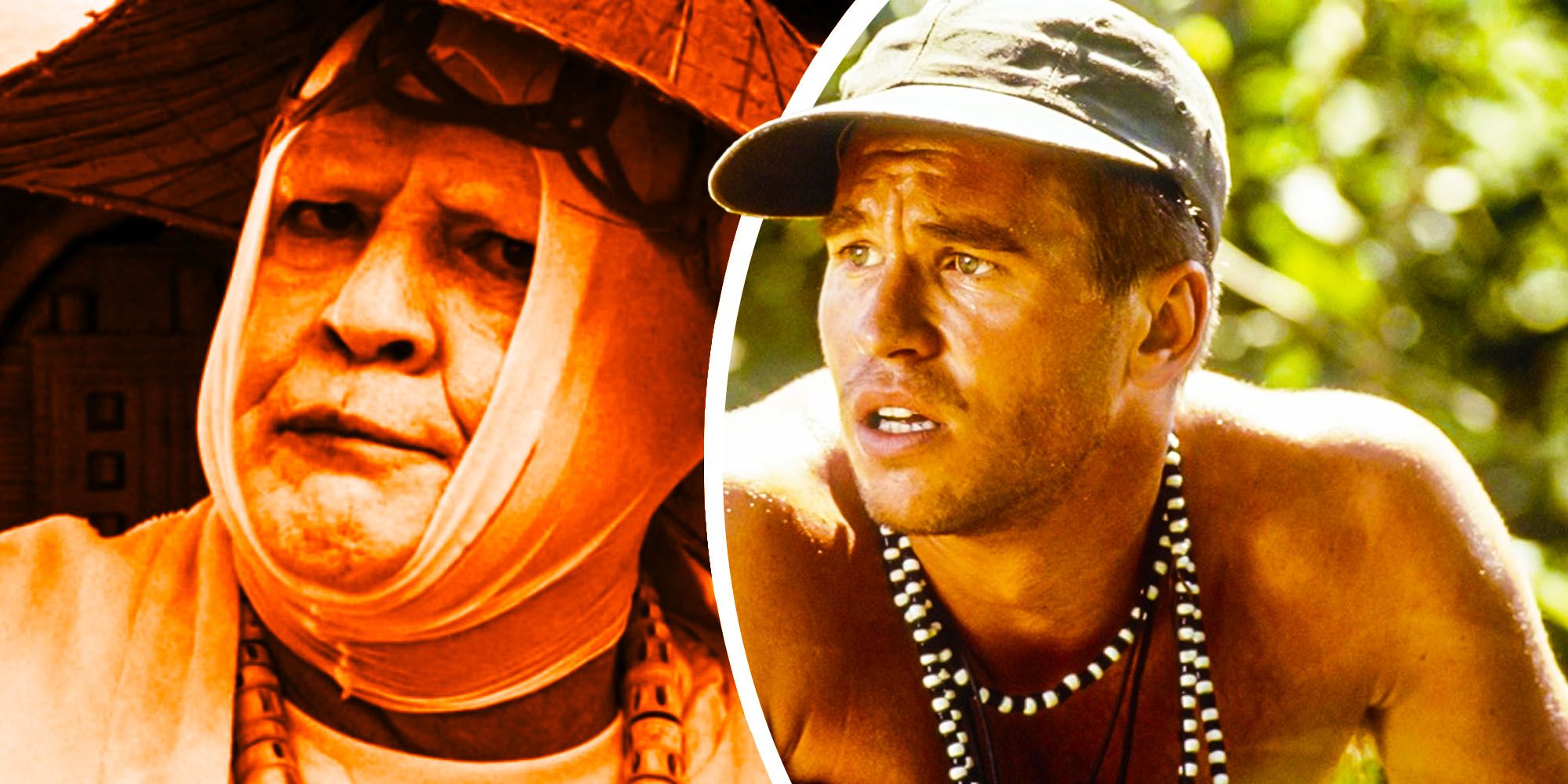
Val Kilmer was one of the biggest movie stars of the 1990s, but his career also was marked by controversy and accusations of on-set difficulty, nowhere more so than on the notorious flop The Island of Dr. Moreau. The 1996 movie had a difficult shoot marked by the director and several actors being replaced and heated feuds between Kilmer, co-star Marlon Brando, and directors Richard Stanley and John Frankenheimer. More behind-the-scenes footage from the film came to light as part of Kilmer's autobiographical documentary Val, allowing for a reappraisal of his biggest professional disaster.
The Island of Dr. Moreau was an adaptation of the famous novel by H. G. Wells, about an island of human-animal hybrids created by a mad scientist. Wells' pioneering sci-fi novels have been adapted into several successful films, such as 2020's Invisible Man movie reboot and the multiple versions of The War of the Worlds. A Moreau adaptation was a passion project for then-up-and-coming director Richard Stanley, and he successfully pitched the idea to New Line Cinema.
Kilmer was not in the original plans for The Island of Dr. Moreau. The movie was first set to feature Bruce Willis as Edward Prendrick, the protagonist who washes up on the shore of the island; legendary actor Marlon Brando as the mad Dr. Moreau; James Woods as his assistant Dr. Montgomery; and a strong supporting cast including Fairuza Balk, Temuera Morrison, and Ron Perlman. On paper the project was promising, and a potential spiritual successor to Brando's famous turn in Apocalypse Now. However, a series of personal tragedies, unchecked egos, and plain bad luck made the movie one of Hollywood's most infamous disasters and damaged the careers of seemingly everyone involved. This included Kilmer, who bore particular blame for the set's toxic and combative culture.
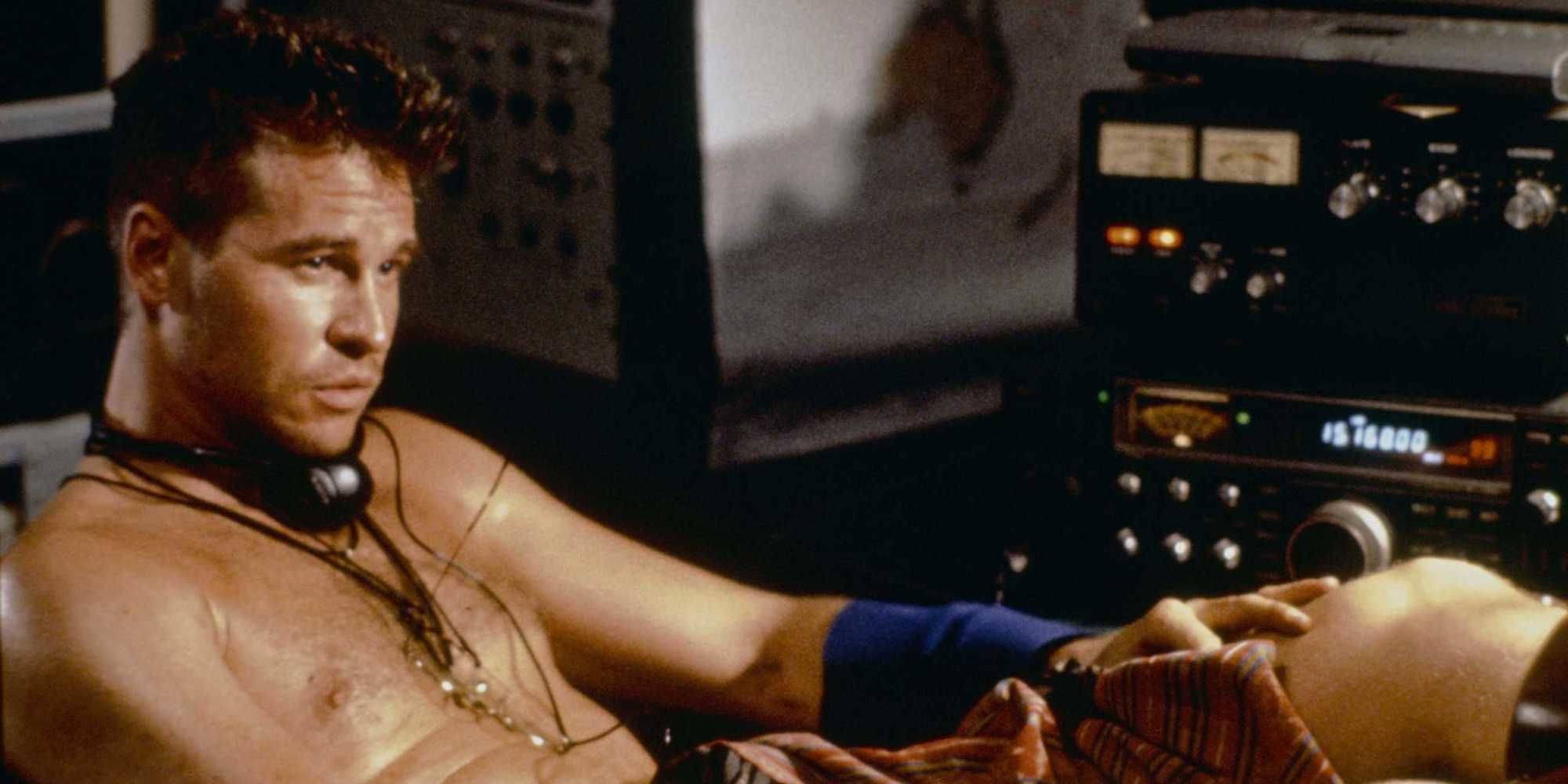
Bruce Willis was originally set to portray Edward Prendrick in The Island of Dr. Moreau, updated from an English sailor in Wells' novel to a UN negotiator. However, Willis dropped out of the project before filming started. Stanley has written that this was due to Willis's divorce from Demi Moore. Willis and Moore publicly announced their divorce in 1998, years after the movie was shot, but it's highly possible that Willis dropped out due to an unofficial separation or marital difficulties that lead to the legal divorce.
Kilmer was brought in to replace Willis, fresh off playing Bruce Wayne in Batman Forever. He was a bankable box office name but already known in Hollywood as being difficult to work with, and trouble started almost immediately. Kilmer was only willing to work 60 percent of the shooting days that Willis had committed to. This caused Stanley to change his role from the protagonist Pendrick to Moreau's assistant Montgomery, which in turn forced out James Woods.
That tension was largely attributed to Kilmer, who was reportedly aggressive to the rest of the cast and crew. Kilmer frequently criticized Stanley and refused to read the dialogue he had written. Rob Morrow, who had replaced Kilmer in the role of Pendrick, quit after just two days because of on-set tension and was himself replaced with future Wonder Woman villain David Thewlis, the fourth man cast in the role. These rough first few days of shooting, compounded by poor weather, lead to New Line firing Stanley.
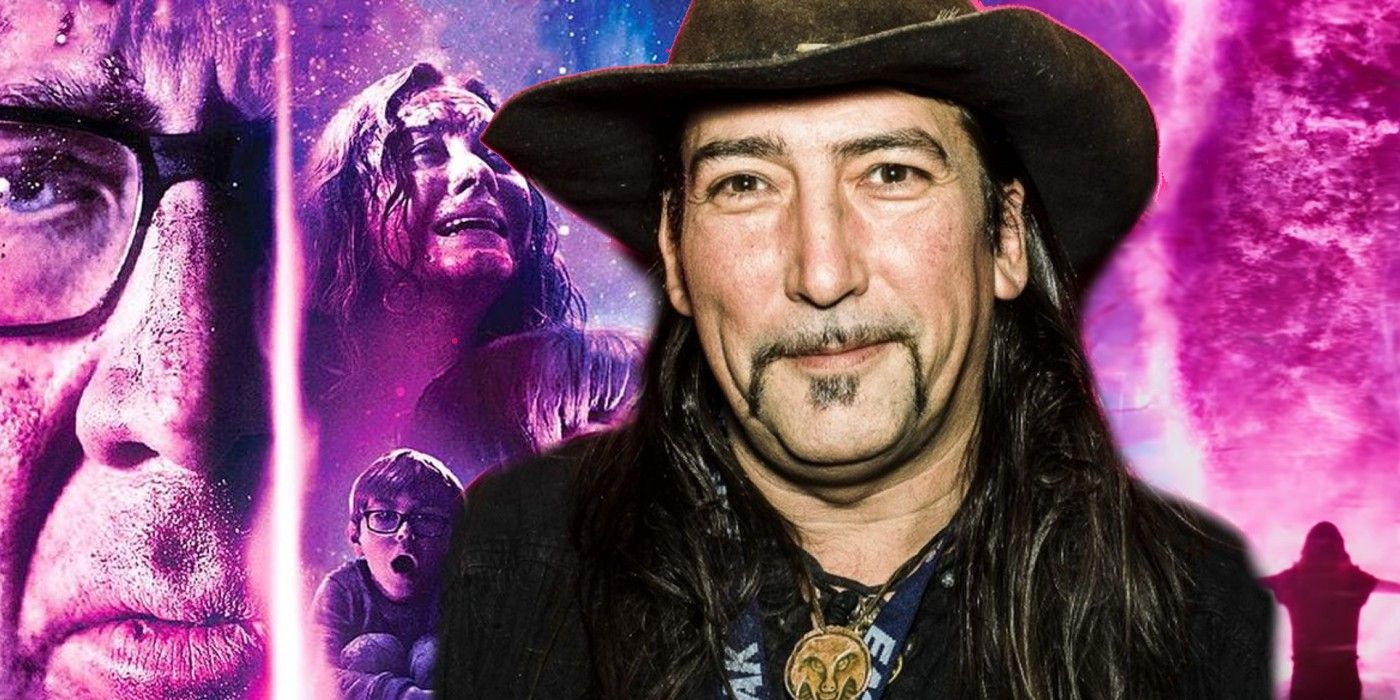
The Island of Dr. Moreau was director Richard Stanley's passion project, but New Line fired him after just three days of shooting. They blamed Stanley for not being able to control Kilmer and production running behind. The firing was reportedly done over fax, and the abrupt nature of it caused actress Fairuza Balk to leave the set and threaten to quit the production. Stanley was furious and destroyed production documents. The director, who had brought his personal "warlock" to set, disappeared into the jungle instead of returning home. Later, he disguised himself as an extra and snuck back onto the set. The experience so scarred Stanley that he wouldn't direct another movie until the 2019 H. P. Lovecraft adaptation The Color Out of Space.
The studio replaced Stanley with John Frankenheimer, the veteran director best known for mid-century thrillers like The Manchurian Candidate and Seven Days in May. Frankenheimer largely rewrote the script, ditching much of the satirical elements that Stanley had intended. He was able to finish the film, but Frankenheimer's old-school directing style alienated much of the crew who had been hired by the more New Age Stanley and certainly didn't prevent conflicts with Kilmer.
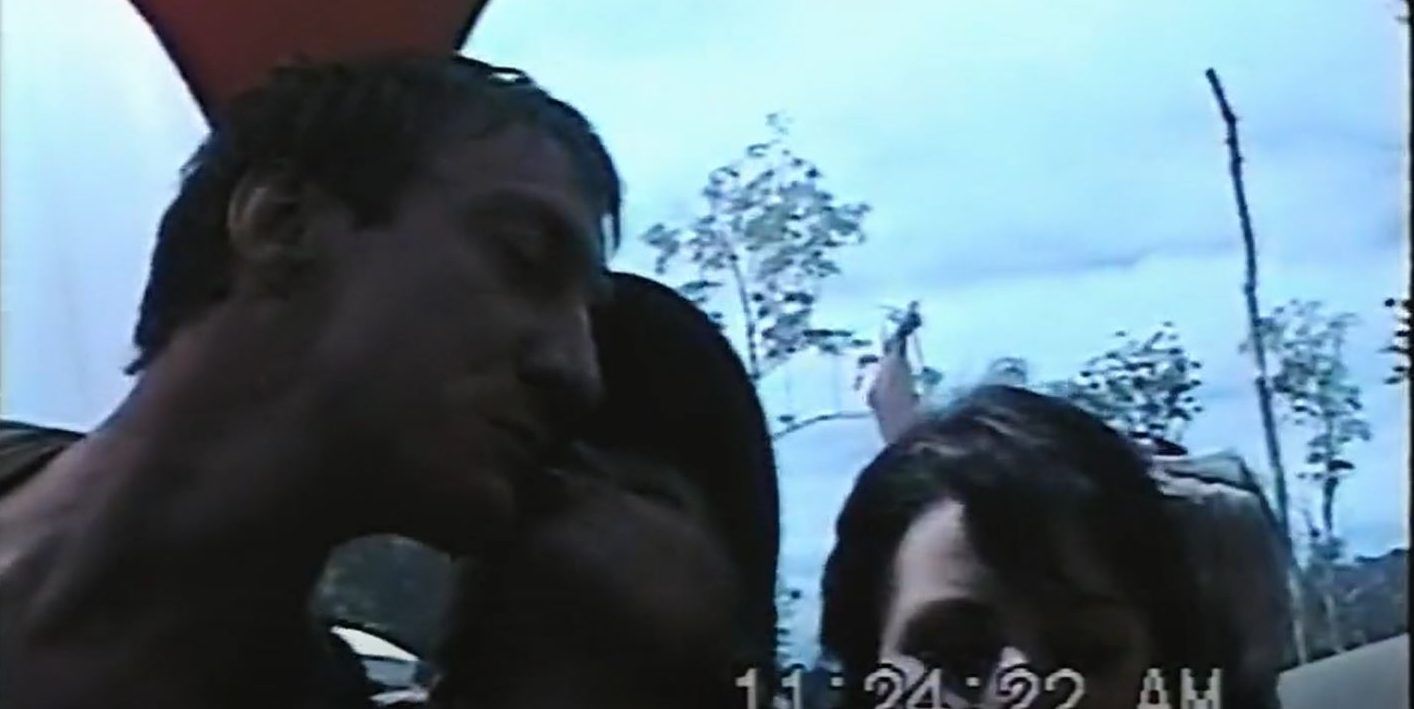
Kilmer continued to present on-set difficulties. Frankenheimer, Brando, and Kilmer all had different ideas of what the movie should be, with the latter refusing to read lines he disliked. Kilmer, who on Top Gun and other movies had used method acting and creative practices, clashed with the traditionalist Frankenheimer who expected obedience from actors. This broke down into on-set arguments and constant rewrites of the script. Afterward, Frankenheimer complained that "Even if I was directing a film called The Life of Val Kilmer, I wouldn't have that prick in it."
Contemporary reports suggested that Kilmer had a feud with Brando, which once culminated in both men staying in their trailers for hours when they were supposed to be shooting, neither wanting to be the first to exit. Kilmer was characterized as engaging in a clash of egos with Brando, who reportedly told him, "Your problem is you confuse the size of your paycheck with the size of your talent." This contributed to Kilmer's negative image in the press, with defamatory labels like "Psycho Kilmer" used in headlines.
Some of the aggressive on-set behavior likely stemmed from Kilmer's divorce from his Willow co-star Joanne Whaley, which he learned about from TV news just as filming began. Kilmer has also disputed the stories about his feud with Brando. His autobiographical documentary Val includes behind-the-scenes footage from the shoot that shows him being friendly with Brando, who he lists as one of his inspirations. Kilmer argues that Frankenheimer's rush to finish the behind-schedule film sidelined Brando's "genius," and this caused him to give up. It also includes scenes of Kilmer advocating for less prominent actors like Thewlis to Frankenheimer, who threatened to leave the movie. Even in Kilmer's account of the film, he comes off as abrasive and demanding but understandably frustrated with their difficult situation.
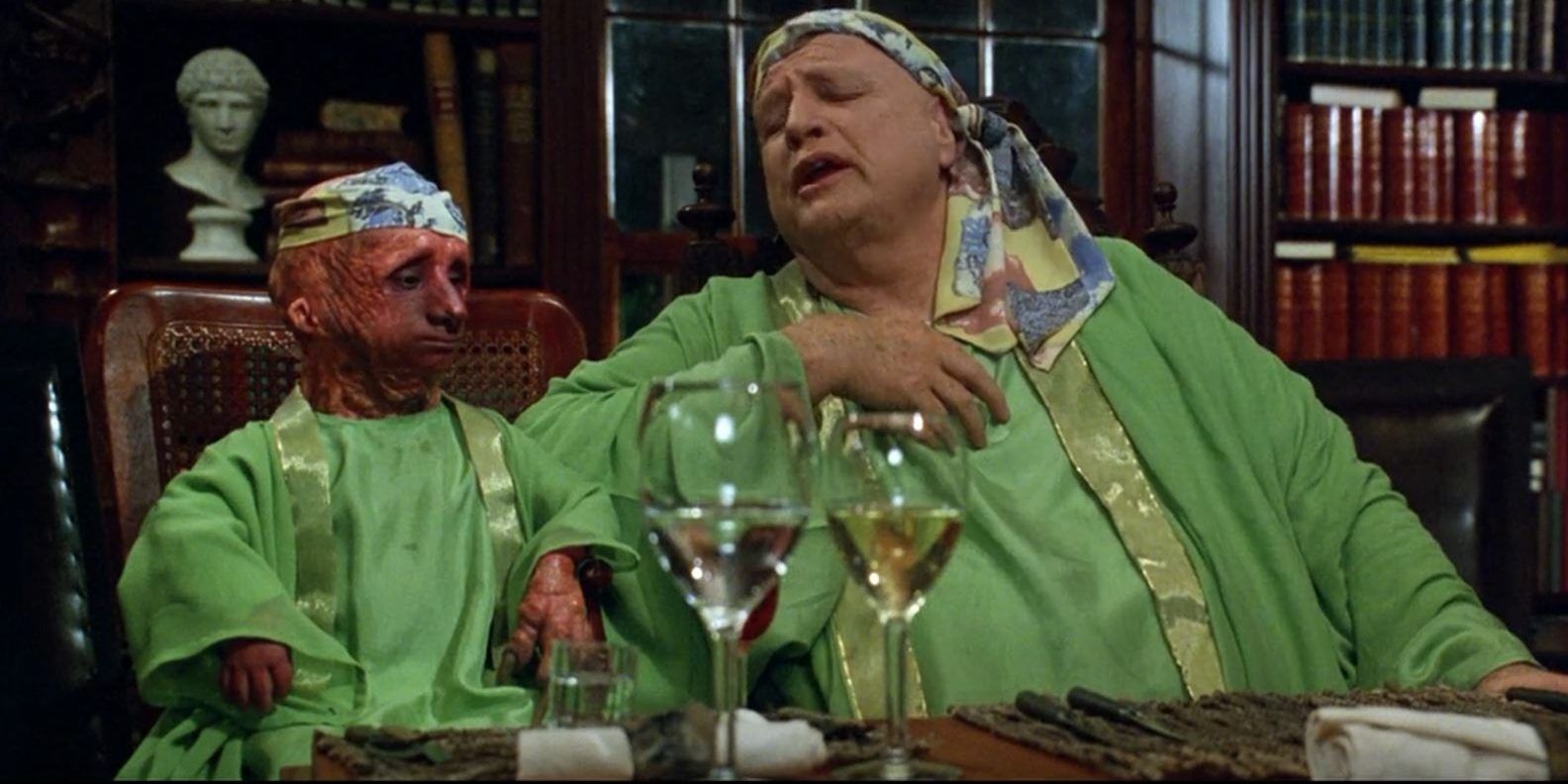
Marlon Brando's involvement was what lead to the creation of The Island of Dr. Moreau and enticed so many talented actors to work on the project. He bought into Stanley's vision of the story, in which Moreau was another version of Brando's Apocalypse Now character Kurtz. However, personal tragedy struck when Brando's daughter died shortly before filming. This caused Brando to miss the beginning of production, and, without Marlo's advocacy, Stanley was fired. The combination of grief and frustration at the movie's creative direction reportedly led to Brando also being difficult to work with.
While Kilmer claims that Frankenheimer shut Brando out, sources such as the documentary Lost Souls, which centers Stanley's account of the movie, argue that Brando's creative influence was unchecked and that many of the movie's most bizarre choices were his ideas. These include Brando's Moreau slathering white powder on his face, wearing a bucket hat, and being constantly accompanied by a miniature version of himself. The latter character was the inspiration for Mini-Me in the Austin Powers movies.
The tumultuous shooting of The Island of Dr. Moreau resulted in a strange final movie, one that has everything from an almost dialogue-less first act to an orgy of animal-people. It was panned by critics and failed to make enough money to cover its production and marketing budgets. The movie itself was quickly forgotten, but the strange story of its production has persevered over the years, to the point that Kilmer felt the need to address it in-depth in multiple autobiographical projects. Rightly or wrongly, the controversy around Kilmer's behavior on The Island of Dr. Moreau is still a dark mark on his career.
from ScreenRant - Feed https://ift.tt/3sAir3a
via Whole story

Post a Comment